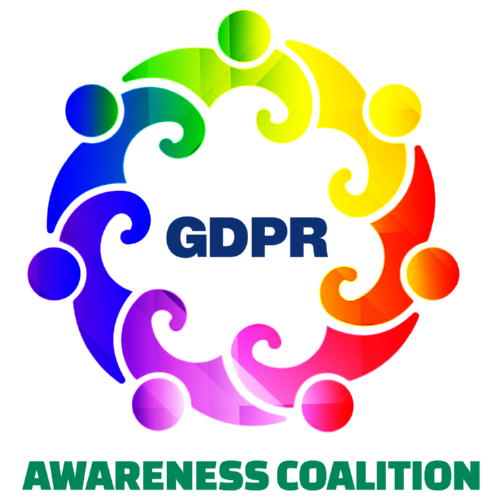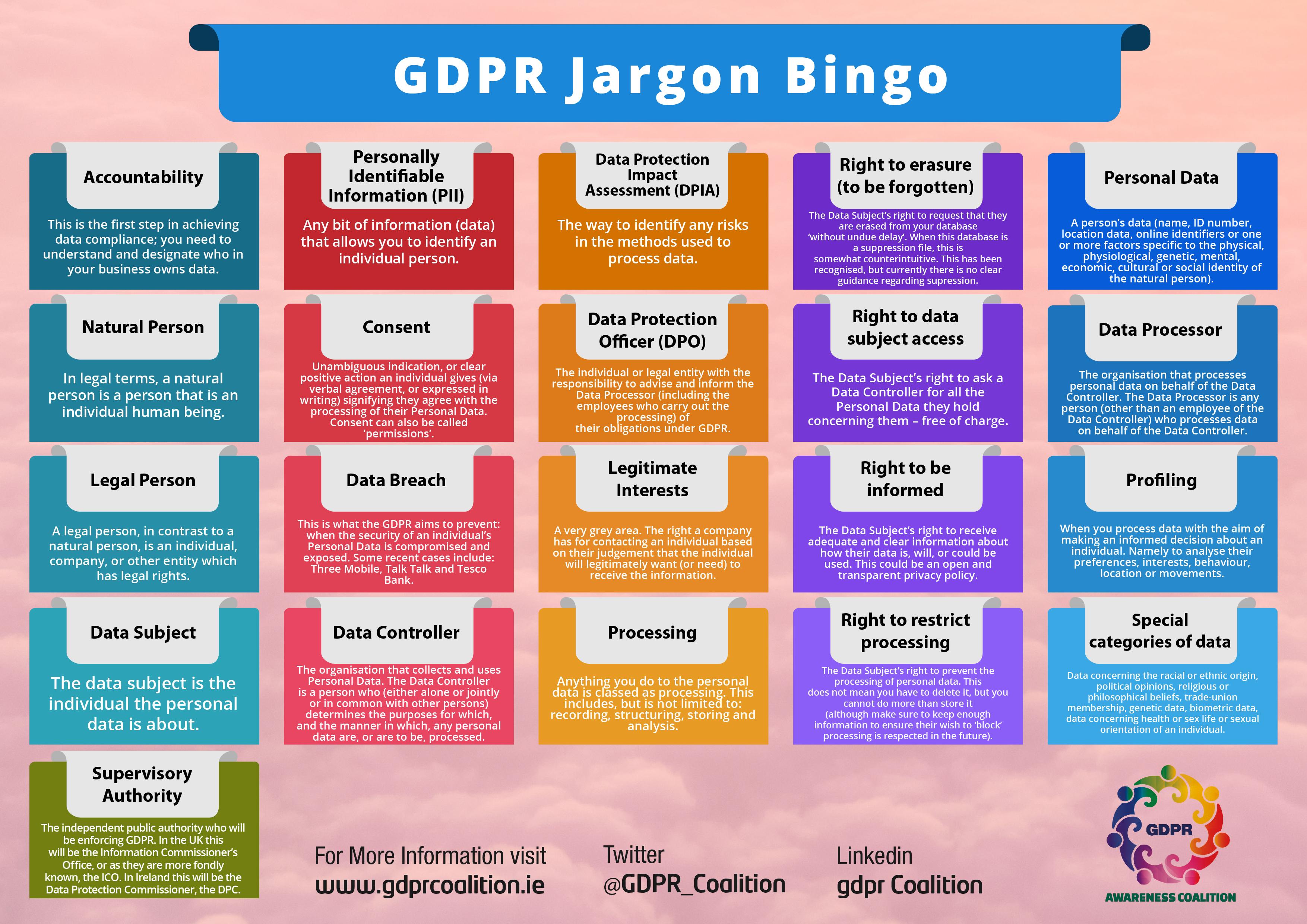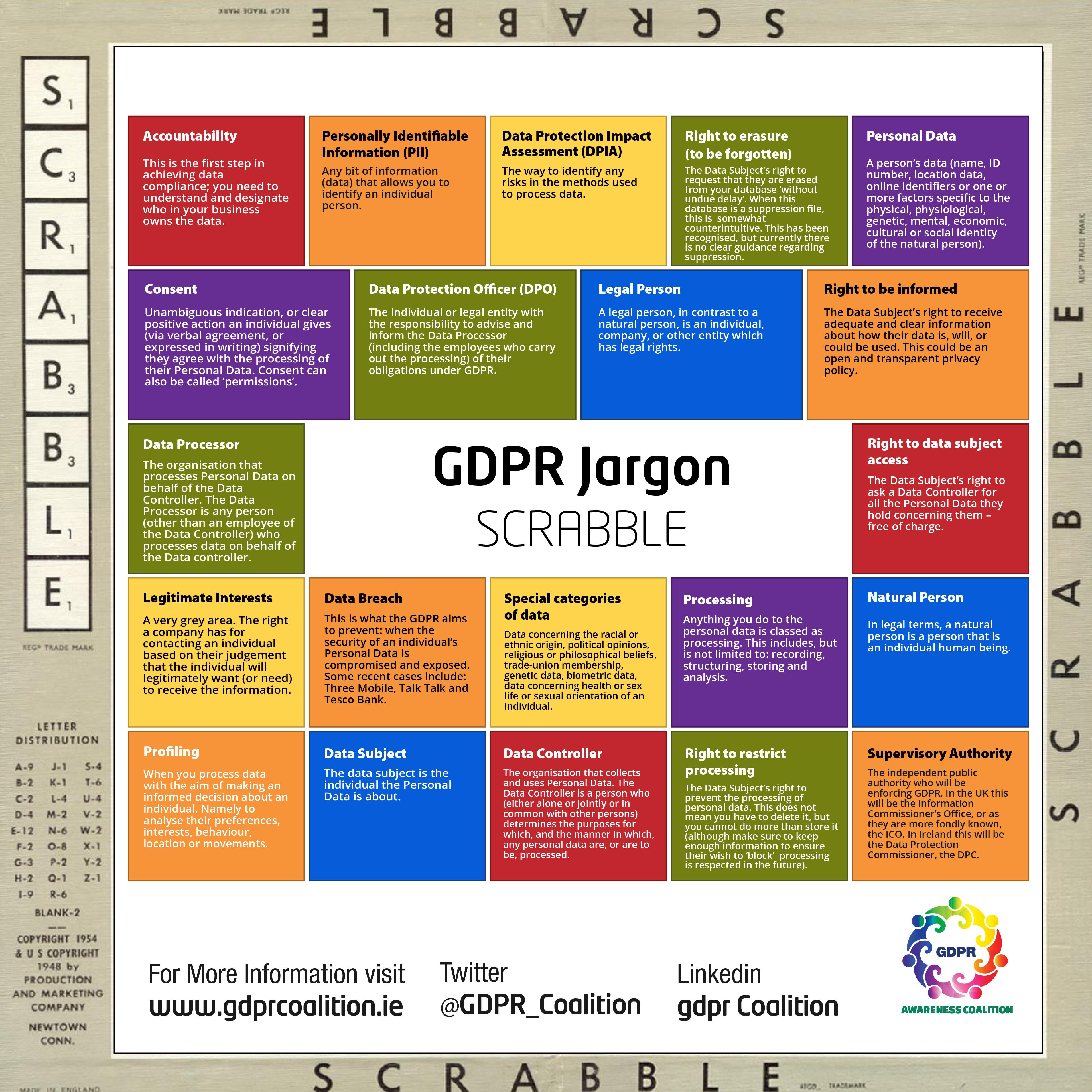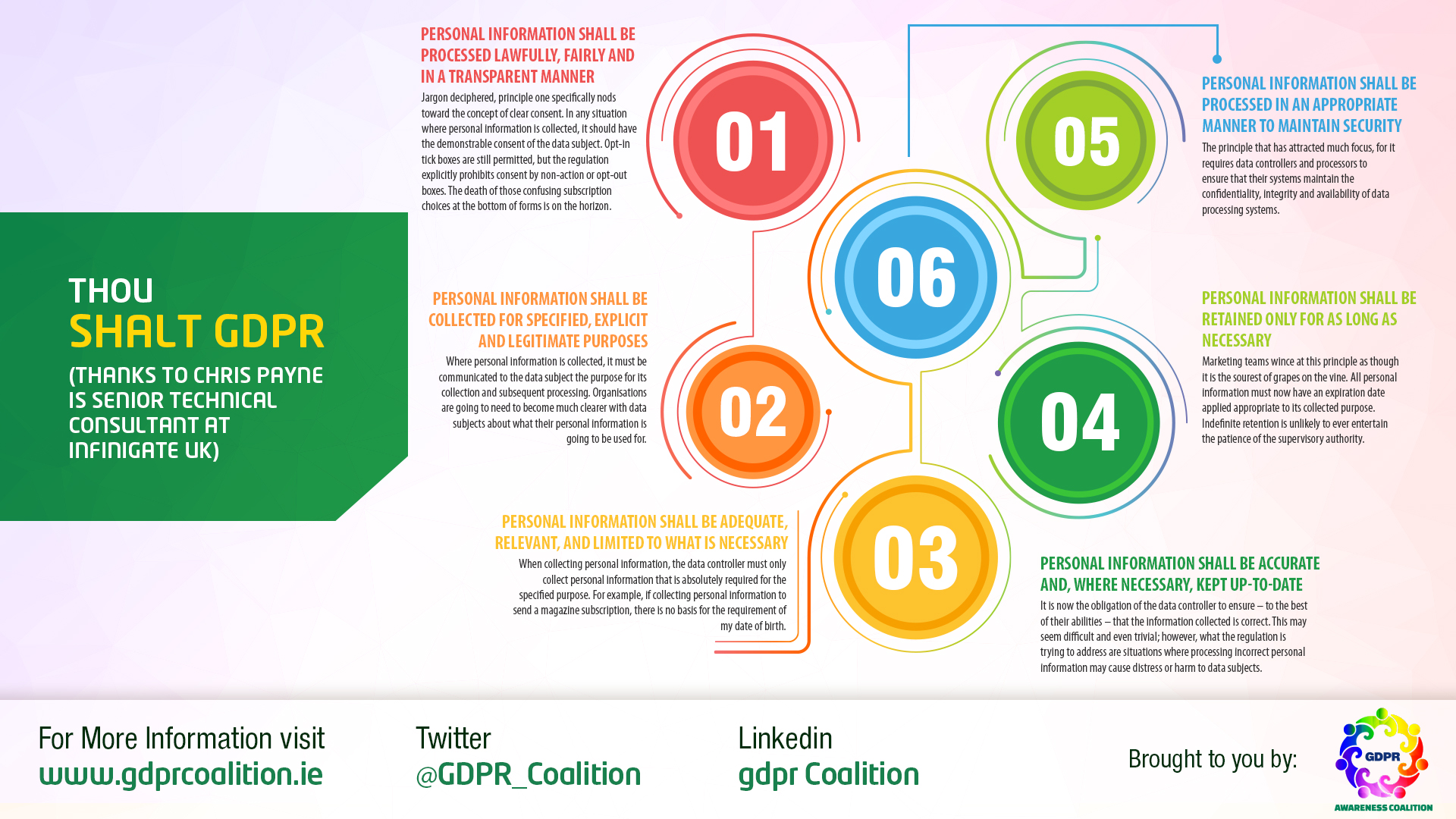Your role in GDPR.
GDPR is primarily used to monitor and enforce rules and procedures for:
Business executives that need to identify and manage risk.
Finance managers assigned to meet regulatory compliance requirements.
Legal counsels grappling with discovery and records retention.
IT directors managing software installations related to GRC projects across an organization.
Marketing Departments wodering what effect this will have on processes.
A key challenge to GDPR will be knowing what data is where, and how the data is aligned with business and the business criticality metric for GDPR compliance. Endigm provides the knowledge link between the governance perspective of how GDPR compliance is aligned with business processes, and how BOTH are aligned to the underlying data repositories. An Audit Resilience Assessment solution as a governing framework specifically designed for GDPR.
Endigm’s Audit Resilience Assessment is based on understanding governance and Enterprise Architecture for the Organization, Business, Applications, Security, and Infrastructure. Endigm’s Audit Resilience Assessment is focused on conducting assessments, roadmapping, gap analysis, process design, privacy impact, risk analysis, and incorporating these elements into a demonstrable review with scorecarding and remediation activities. We will blueprint a current state and action program for compliance and audit capability alignment. There are 4 areas of GDPR solutioning to consider, based on the size an interest of your organization. The Assessment for data discovery and cataloging is recommended for all companies. Look this way ===>
As a governance platform, it is the central landing area for understating the processes needed to operationalize GDPR requirements. Once completed companies can expect to have a comprehensive:
1. Scorecard: detailing compliance and capability
2. Finding and Observations: Data and process
3. Roadmap and Gap analysis for remediation efforts as/if needed
Where are you in your corporate GDPR Journey
-
10%
Accountability
-
20%
Collection/Catalog
-
30%
Data Retention
-
40%
Issue Remediation
-
50%
Partner Management
-
60%
Transfers
-
70%
Organizational Core/Design
-
80%
Risk Management
-
90%
Regulator Engagement
-
95%
Notification
-
99%
Security
-
100%
Best Practices
First phase after legal review

"In those instances where data is shared across borders or
with partners, risk goes up."

"The goal here is to create a reference baseline that can be
used in the discussions as you go through the capability areas."
Endigm spent a great deal of time coming up with an Ontology that makes sense for GDPR. The 99 articles must be disseminated into something we can all understand. In short, we want to tell you about the 3 pillars of surviving a successful audit, but more importantly teach you how to govern your ecosystem so the personal data that is so personal to our clients, stays that way.













